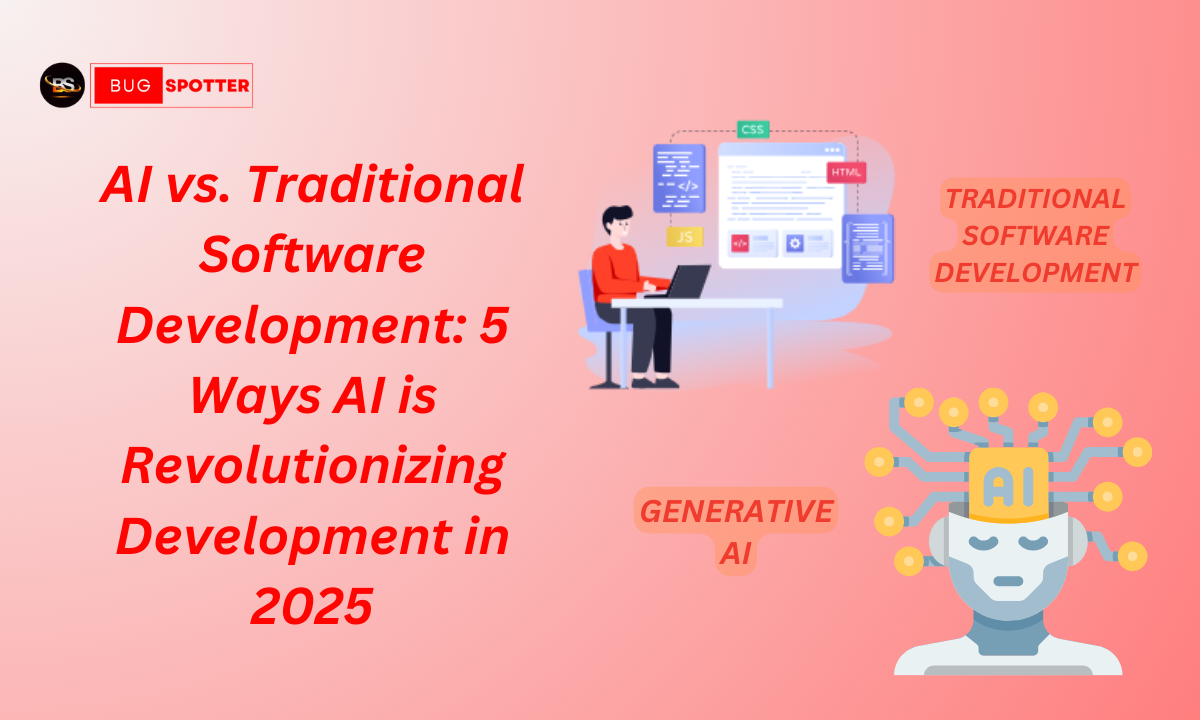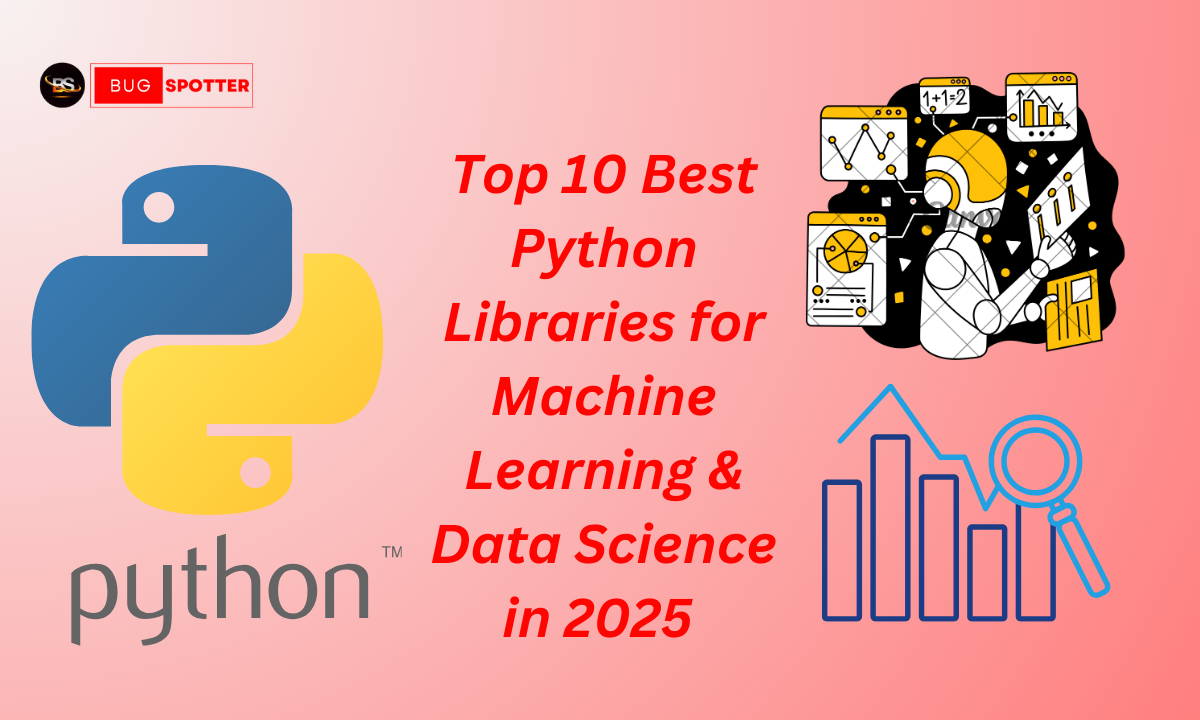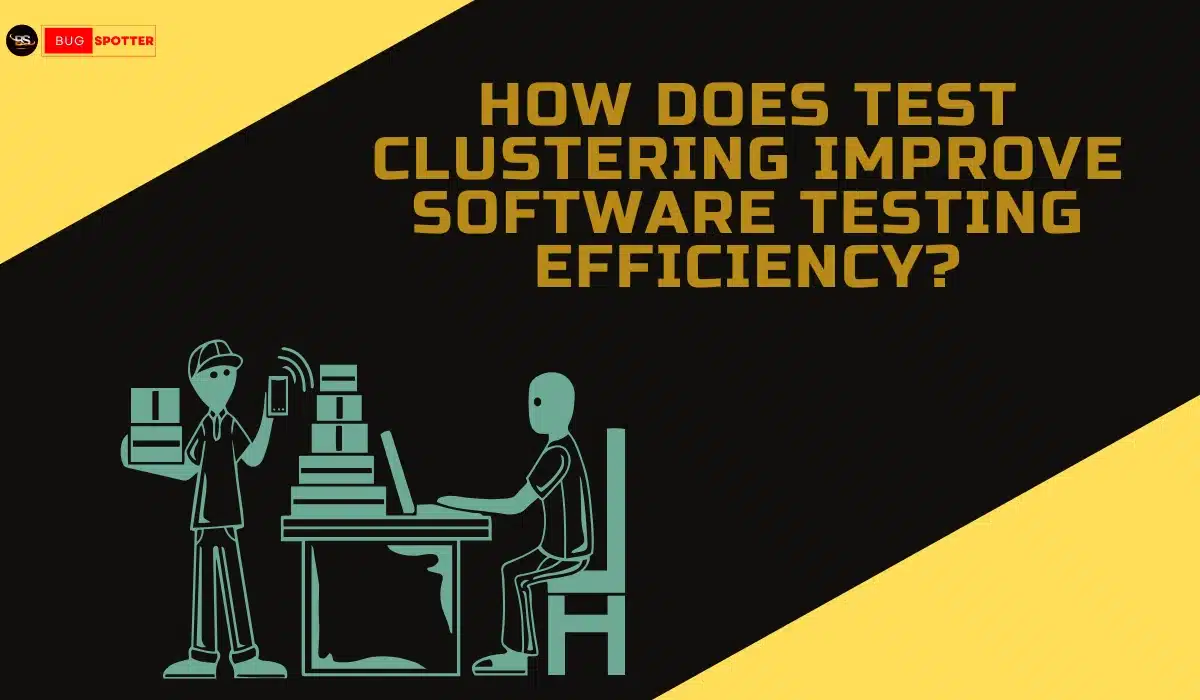20 New Technology Trends for 2025
20 New Technology Trends for 2025
20 new and emerging technology trends expected to shape industries and society in 2025
1. Artificial Intelligence (AI) & Machine Learning (ML)
- AI in Creative Fields: AI will help with art, design, and content creation, making things more personalized and innovative.
- Explainable AI: AI systems will become more transparent, explaining how they make decisions, building trust with users.
2. Quantum Computing
- Quantum Superiority: Quantum computers will solve tough problems that regular computers can’t handle, like complex simulations and secure communications.
- AI Boosted by Quantum: Quantum computers will speed up AI processes, making them smarter and more efficient.
3. 5G and 6G Networks
- 5G Expansion: Faster, low-latency 5G networks will improve everything from connected devices to self-driving cars.
- 6G Research: Scientists will begin developing 6G, aiming for even faster data speeds and smarter networks.
4. Extended Reality (XR)
- VR and AR Integration: Virtual (VR) and augmented reality (AR) will become more realistic and used in gaming, education, and healthcare.
- Mixed Reality for Work: New tools will allow for more immersive remote meetings, making collaboration feel more real-time.
5. Autonomous Vehicles
- Self-Driving Cars: More autonomous vehicles will be on the road, making travel safer and more efficient.
- Robot Deliveries: Drones and robots will be used for faster and cheaper deliveries.
6. Blockchain & Decentralized Finance (DeFi)
- Blockchain Security: Blockchain will be used for secure, transparent transactions in areas like supply chains and voting.
- NFTs & Digital Markets: Non-fungible tokens (NFTs) will become more popular for buying and selling digital art and assets.
7. Internet of Things (IoT)
- Smart Cities: IoT will help build smart cities with sensors that monitor things like traffic, energy use, and public services.
- Wearable Health Devices: Wearable gadgets will track your health in real-time, warning of any potential issues before they become serious.
8. Edge Computing
- Faster Data Processing: Edge computing will process data closer to where it’s created, reducing delays for things like self-driving cars and real-time gaming.
- AI on the Edge: AI algorithms will run directly on devices, making quicker decisions without needing to send data to the cloud.
9. Robotic Process Automation (RPA)
- AI-Powered Automation: RPA will use AI to automate more complex tasks in businesses, saving time and resources.
- Hyperautomation: Businesses will automate entire workflows, from start to finish, using AI and machine learning.
10. Synthetic Biology
- Gene Editing: Advances in gene editing tools like CRISPR will allow precise control over genetics for both humans and plants.
- Custom-Made Organisms: Scientists will create new organisms for specific tasks like making medicine or cleaning up the environment.
11. Sustainable Technology
- Clean Energy: Renewable energy sources like solar and wind power will become cheaper and more widely used.
- Carbon Capture: New technologies will capture and store carbon dioxide to help reduce climate change.
12. Digital Twins
- Virtual Models: Digital twins will create virtual versions of physical objects or systems, helping to monitor and optimize real-world operations.
- AI-Powered Twins: These digital twins will use AI to predict and improve performance in areas like manufacturing and logistics.
13. Neurotechnology & Brain-Computer Interfaces (BCI)
- Mind-Controlled Devices: BCIs will allow users to control devices like computers or prosthetics with their thoughts.
- Brain Implants: Implants will help treat neurological conditions like Parkinson’s and epilepsy by monitoring brain activity.
14. Smart Healthcare
- Personalized Medicine: Healthcare treatments will be tailored to your genetic makeup, offering more effective solutions.
- Telemedicine: Remote healthcare services will expand, allowing consultations, diagnostics, and treatments to be done virtually.
15. Advanced 3D Printing
- Printing Organs: 3D printing will make it possible to print functional tissues and even organs for medical use.
- Custom Manufacturing: 3D printing will be used for custom parts in everything from cars to clothes.
16. AI-Driven Cybersecurity
- AI for Threat Detection: AI will help detect cyberattacks faster and more accurately, protecting data and networks.
- Zero Trust Security: Security systems will assume no one is trustworthy, requiring verification for anyone trying to access resources.
17. Human Augmentation
- Exoskeletons: Powered suits will help people with mobility issues or assist workers in physically demanding jobs.
- Cognitive Enhancements: New tech will improve memory, focus, and brainpower through stimulation or genetic adjustments.
18. Wearable Technology
- Health Monitors: Wearable devices like smartwatches will track health data such as heart rate and activity, alerting users to potential health issues.
- Smart Clothing: Clothes with built-in sensors will monitor physical health, like posture and movement, to improve wellness.
19. Autonomous Drones
- Delivery Drones: Drones will handle more deliveries, from packages to medical supplies.
- AI-Powered Drones: Drones will be used for tasks like surveillance, farming, and checking infrastructure, all powered by AI.
20. Metaverse & Virtual Realities
- Immersive Digital Worlds: The Metaverse will become more developed, offering virtual spaces for work, education, and entertainment.
- New Economy in the Metaverse: Virtual real estate and digital goods (like NFTs) will create new economic opportunities in virtual environments.
Latest Posts
- All Posts
- Software Testing
- Uncategorized
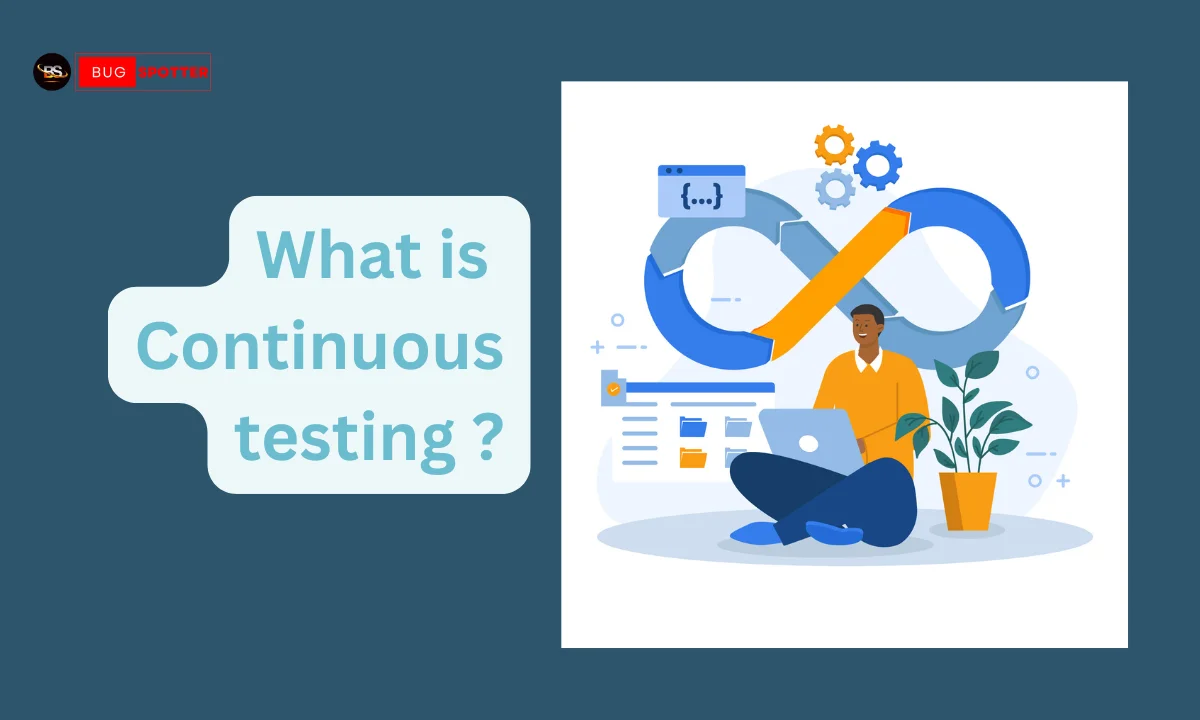
March 3, 2025
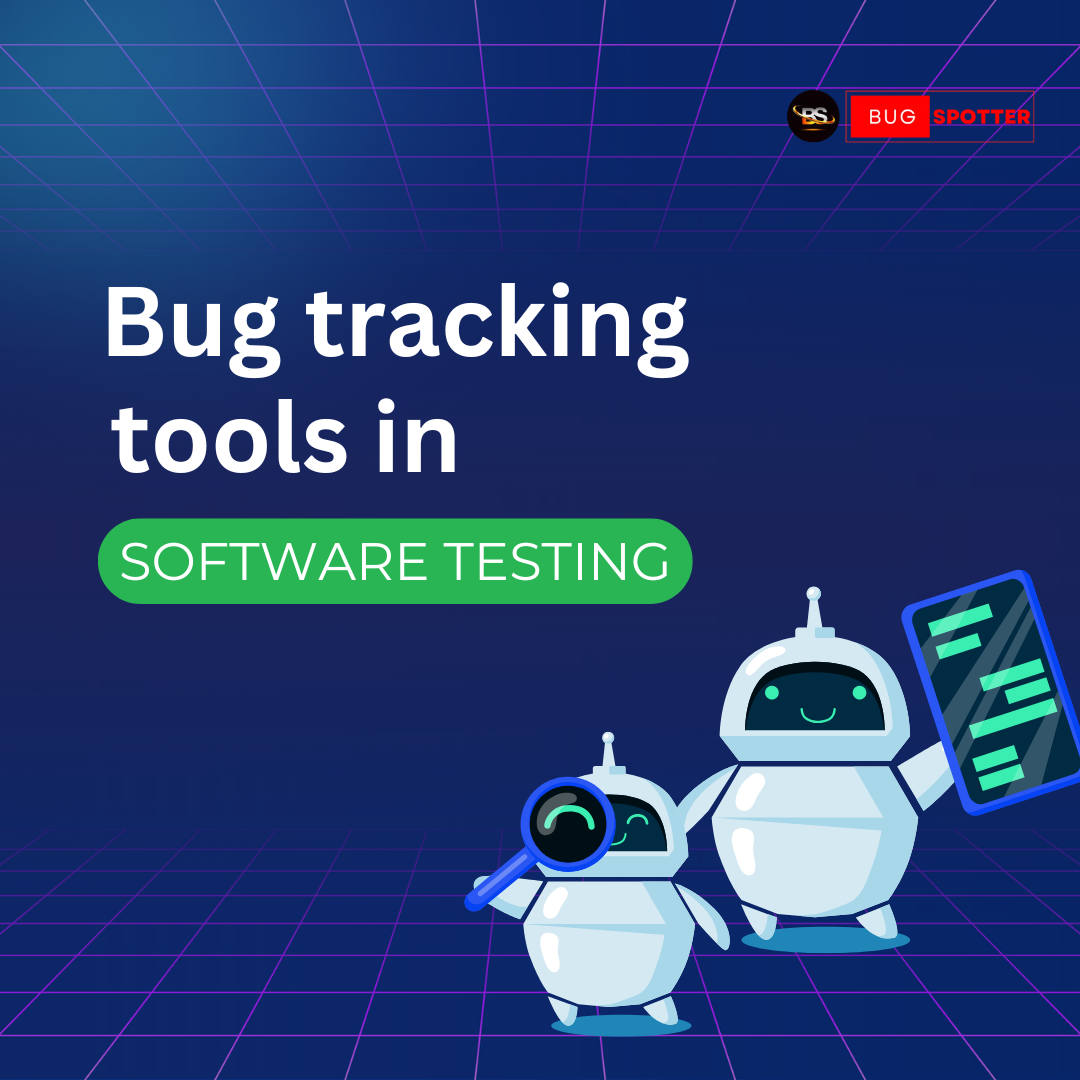
February 28, 2025
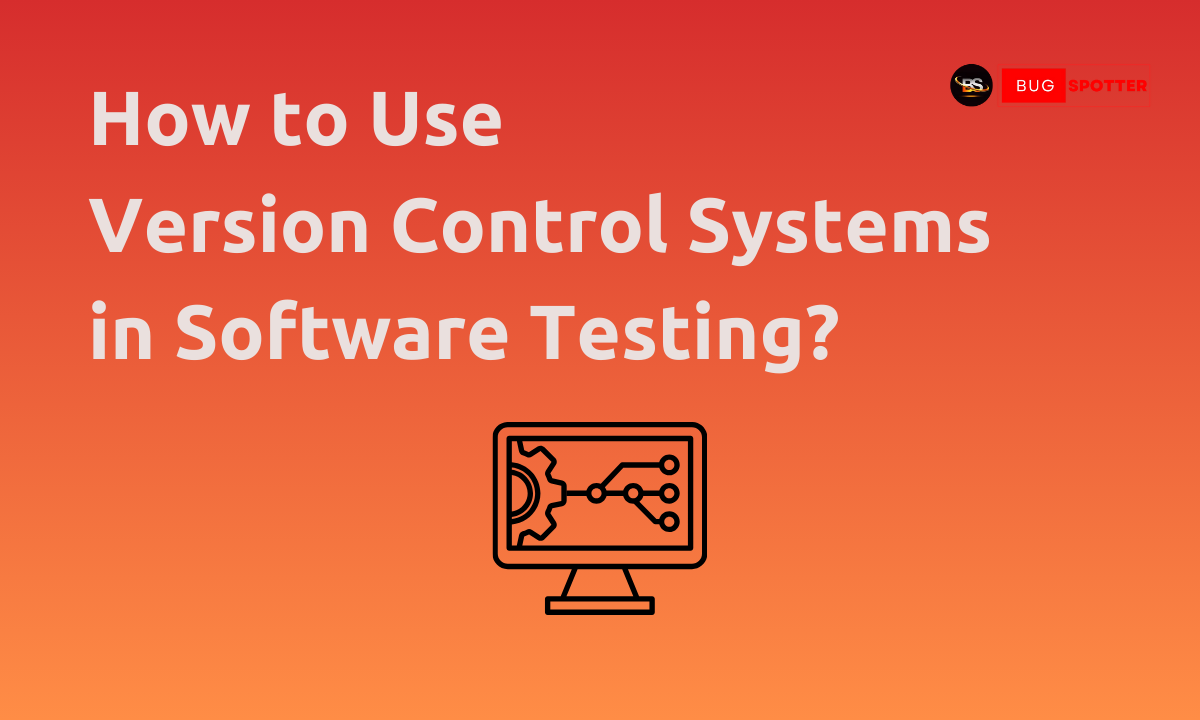
February 28, 2025
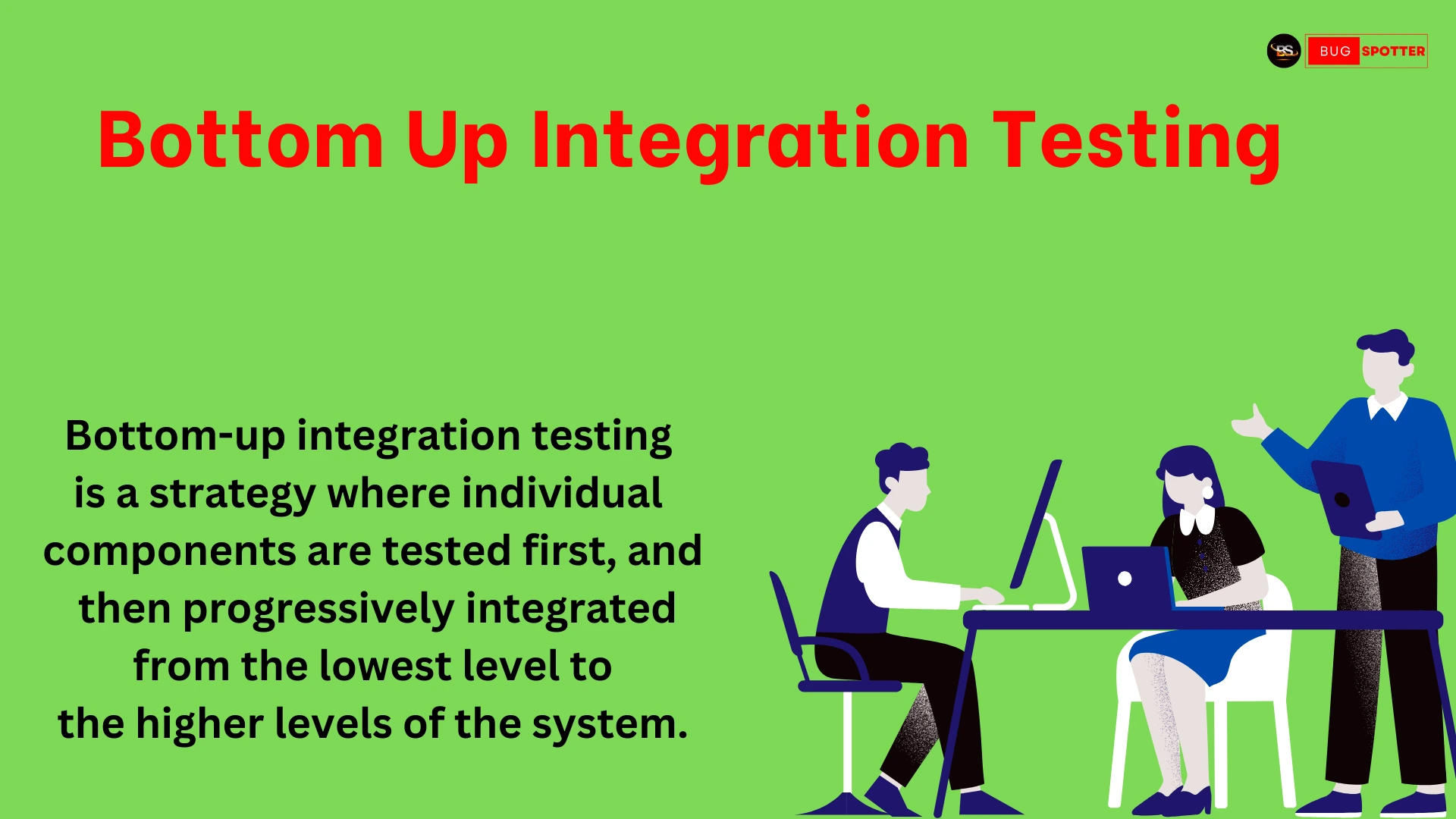
February 26, 2025

February 25, 2025
Categories
- Artificial Intelligence (5)
- Best IT Training Institute Pune (9)
- Cloud (2)
- Data Analyst (55)
- Data Analyst Pro (15)
- data engineer (18)
- Data Science (104)
- Data Science Pro (20)
- Data Science Questions (6)
- Digital Marketing (4)
- Full Stack Development (7)
- Hiring News (41)
- HR (3)
- Jobs (3)
- News (1)
- Placements (2)
- SAM (4)
- Software Testing (70)
- Software Testing Pro (8)
- Uncategorized (33)
- Update (33)
Tags
- Artificial Intelligence (5)
- Best IT Training Institute Pune (9)
- Cloud (2)
- Data Analyst (55)
- Data Analyst Pro (15)
- data engineer (18)
- Data Science (104)
- Data Science Pro (20)
- Data Science Questions (6)
- Digital Marketing (4)
- Full Stack Development (7)
- Hiring News (41)
- HR (3)
- Jobs (3)
- News (1)
- Placements (2)
- SAM (4)
- Software Testing (70)
- Software Testing Pro (8)
- Uncategorized (33)
- Update (33)



